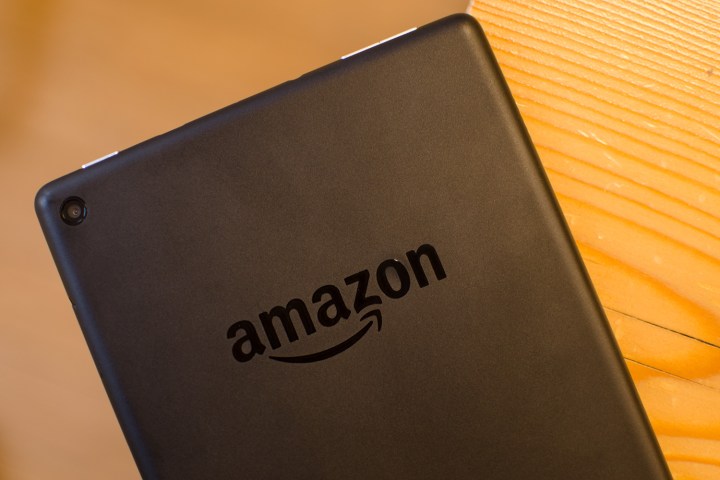
Bezos and Eregen have floated the idea of an add-on, metered data plan for Prime, Amazon’s premium subscription service, The Wall Street Journal reports, and always-on connectivity for devices like thermostats, connected bulbs, and smart kitchen appliances.
Under the terms of one proposal, Amazon Prime members, who pay $100 a year for free two-day shipping, streaming music, movies and TV shows, and cloud storage, would gain an optional, metered allotment of smartphone data. But the Dish-powered network could benefit the retail giant, according to Fox Business sources.

Dish’s network of number-crunching servers might make Amazon’s AI-powered Echo speakers “faster” and “more human-like” in its responses, and provide the infrastructural foundation for Amazon’s planned Prime Air drone delivery service. Dish executives have reportedly floated the idea of a one-way broadcast signal for Amazon’s Prime Video service that would ensure shows and movies streamed reliably.
The idea isn’t as farfetched as it might sound. Bezos and Eregen, who have reportedly gotten to know each other better over the past year, have shared interests in space and robotics, and there’s history between Amazon and Dish. In May, Dish made its streaming TV apps available on Amazon Fire devices, and some Dish customers gained the ability to control their set-top boxes through Amazon’s Alexa voice assistant.
Dish Network has long sought out deals with telecom companies in an effort to get its nascent cell phone network off the ground. It has unsuccessfully pitched Sprint, T-Mobile, and AT&T, and spent more than $21 billion over the course of a decade to acquire airwaves nationwide. But it lacks a network to deploy the spectrum.
Amazon, meanwhile, has dipped more than a few toes in the wireless market. The Seattle-based retailer debuted its ill-fated Fire Phone, a high-end smartphone with object recognition features and perspective-shifting 3D interface, in 2014, and launched its Prime Exclusive Phones program in June 2017. In exchange for putting up with advertisements on the phone’s lockscreen, Prime Exclusive Phones offers Prime subscribers steep discounts on devices like the Moto E4 and Blue R1 HD.
Analysts at Citi say Amazon is unlikely to acquire Dish. Instead, they predict that the retailer could become a “preferred customer” on the new wireless network and commit to spending a certain amount on connectivity in exchange for a below-market rate, or invest cash upfront in Dish’s network to help pay for the build-out.


